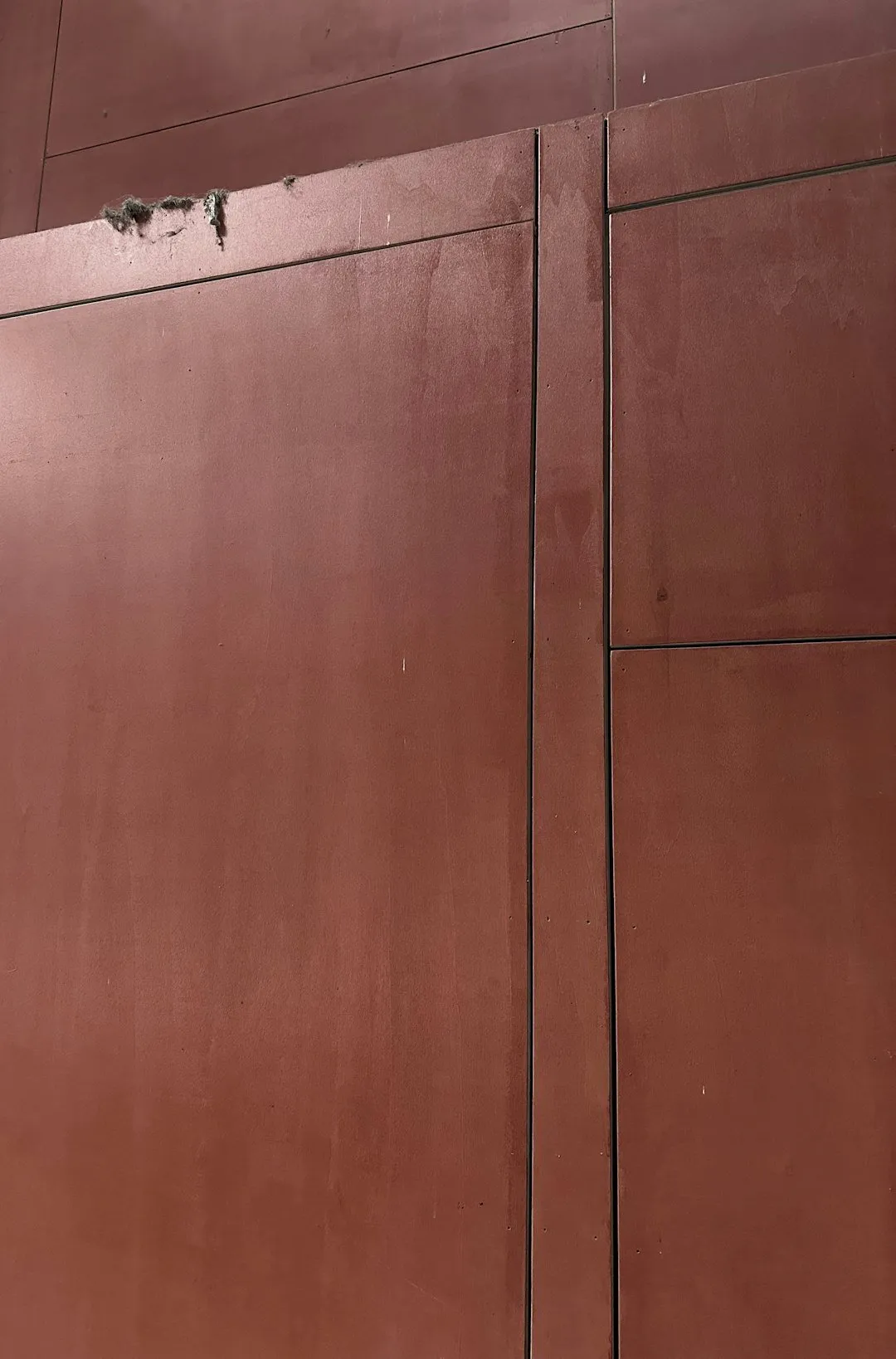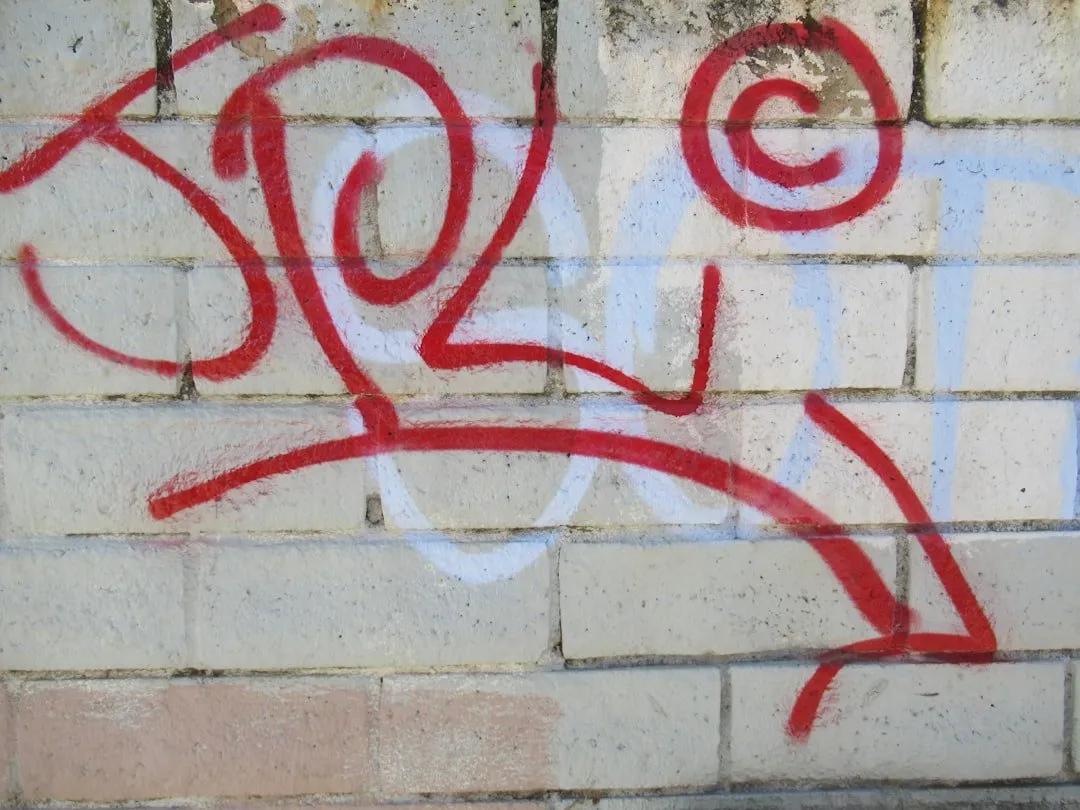Muscle soreness, particularly delayed onset muscle soreness (DOMS), is a post-exercise phenomenon caused by micro-tears in muscle fibers and lactic acid buildup. While mild to moderate DOMS indicates positive adaptation, severe or persistent soreness may signal overtraining or improper form. Louisiana's legal status of kratom, despite its pain-relieving properties, is restricted due to its illegal status, but consulting professionals can help craft personalized workout routines for muscle soreness relief, considering fitness level and previous injuries. The legality of kratom varies across regions, so it's crucial to check local regulations, especially when considering it for soreness relief.
After a tough workout or intense physical activity, muscle soreness can leave you feeling stiff and uncomfortable. Understanding what causes this delay-onset muscle pain (DOMP) is key to finding effective relief. This article delves into strategies for customized workout plans tailored to alleviate muscle soreness. We explore the science behind DOMP and how personalized routines, combined with natural remedies like kratom (a topic of interest in Louisiana, considering the legal debates), can provide targeted solutions for a faster recovery.
- Understanding Muscle Soreness and Its Causes
- Crafting Personalized Workout Routines for Relief
- Exploring Natural Remedies: Is Kratom a Viable Option in Louisiana?
Understanding Muscle Soreness and Its Causes

Muscle soreness, often described as delayed onset muscle soreness (DOMS), is a common phenomenon that occurs after strenuous exercise or physical activity. It’s characterized by a dull, aching pain in the affected muscles, typically peaking 24 to 72 hours post-exercise. Understanding what causes this discomfort is crucial in developing effective strategies for relief.
Several factors contribute to muscle soreness, including micro-tears in muscle fibers, inflammation, and the buildup of lactic acid during intense workouts. While mild to moderate DOMS is normal and often indicates successful adaptation to exercise, severe or persistent soreness may be a sign of overtraining or improper form. Interestingly, even something like the legality of kratom in Louisiana isn’t directly related to muscle soreness relief, as it’s an herbal supplement used for its pain-relieving properties, but it’s worth noting that illegal status can restrict access to potential remedies.
Crafting Personalized Workout Routines for Relief

Crafting personalized workout routines for muscle soreness relief involves understanding individual needs and limitations. Every person’s body responds differently to physical activity, making one-size-fits-all approaches less effective. A tailored plan considers factors like current fitness level, previous injuries, and specific areas of discomfort. It incorporates exercises that gently mobilize joints and target tight muscles without causing further strain.
In Louisiana, where kratom use remains legal for adults over 21, this process can be enhanced by consulting with professionals who know local regulations. Personal trainers or physical therapists can create routines that safely alleviate muscle soreness while staying within the legal boundaries of kratom consumption, if applicable. They can also offer guidance on proper form and recovery techniques to optimize results and prevent future discomfort.
Exploring Natural Remedies: Is Kratom a Viable Option in Louisiana?

In Louisiana, as in many places across the country, muscle soreness relief has become a top priority for fitness enthusiasts and everyday individuals alike. While numerous synthetic options are available to combat pain, there’s a growing interest in exploring natural remedies. Among these, Kratom—a plant-based substance known for its analgesic and mood-enhancing properties—is gaining traction. However, the question arises: is kratom legal in Louisiana? Despite its potential benefits, the use of kratom remains controversial due to varying legal statuses across states. Louisiana currently lists kratom as a Schedule I controlled substance, which carries severe restrictions on possession and distribution. Yet, with an increasing body of research suggesting its effectiveness for pain management without the addictive properties commonly associated with opioids, there’s a push for more comprehensive studies and potentially revised regulations. For now, individuals in Louisiana seeking natural muscle soreness relief options must navigate these legal complexities while exploring alternative remedies.
In conclusion, addressing muscle soreness involves a multi-faceted approach. Understanding the root causes, such as exercise-induced inflammation, is key to developing effective strategies. Customized workout plans that incorporate targeted stretches and low-impact exercises prove beneficial for relief. Additionally, exploring natural remedies like kratom, while considering the legal status in Louisiana (as kratom’s legality varies), offers potential for managing soreness symptoms. Combining these methods can empower individuals to manage their muscle discomfort holistically.














